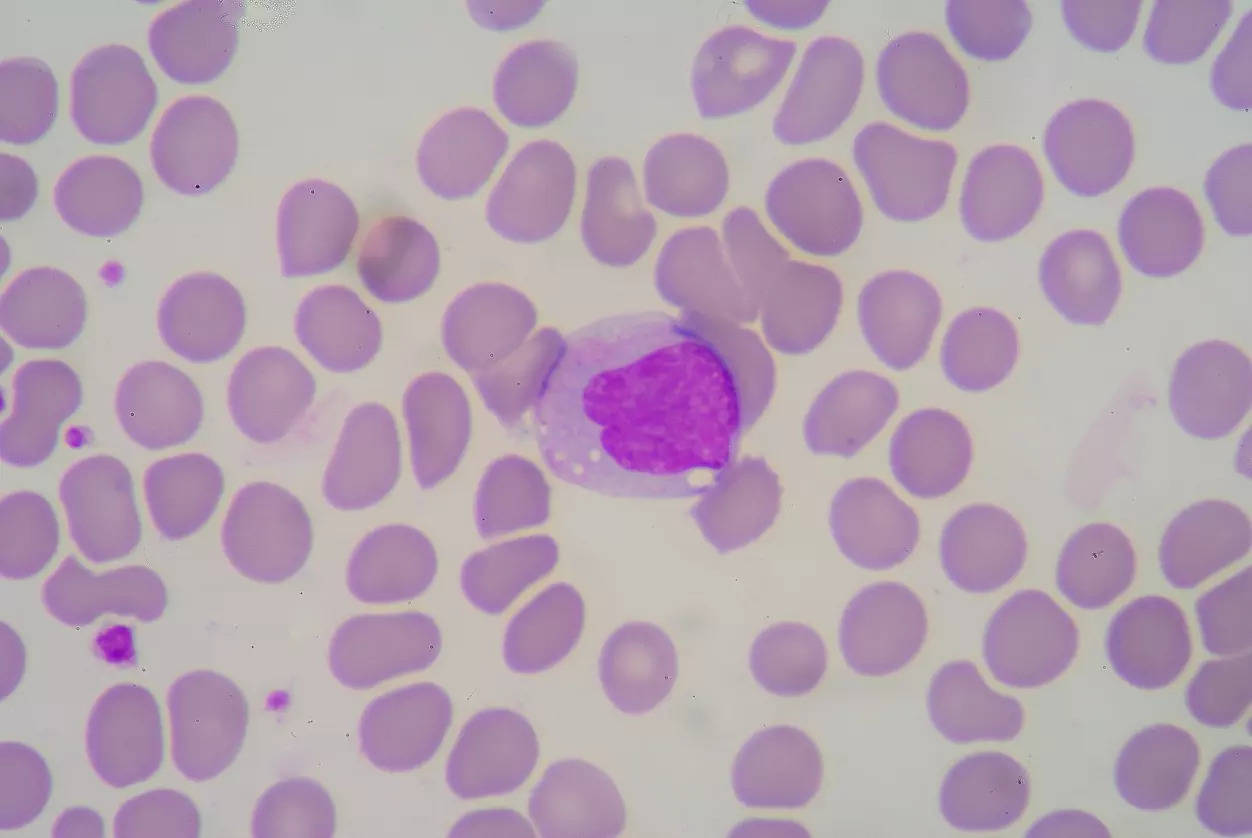People with obesity who take Ozempic or Wegovy to shed excess pounds might get an unexpected benefit.
Results of a small experiment published May 9 in the journal Obesity suggest that drugs containing semaglutide, the active ingredient in Ozempic and Wegovy, might help reduce the risk of cancer. That’s because the study found that semaglutide restored the function of so-called “natural killer” cells, which play a role in fighting cancer but often don’t work properly in people with obesity.
“People with obesity can develop a variety of health problems, like type 2 diabetes, sleep apnea, and cancer,” said the lead study author, Conor de Barra, a PhD candidate and immunology researcher at Maynooth University in Ireland, in a statement. “These can have very negative impacts on their quality of life.”
Are There Additional Benefits to Taking Ozempic?
For the study, researchers examined data on 20 people with obesity who had impaired natural killer cell function. Scientists gave all the participants weekly doses of semaglutide, which belongs to a class of drugs known as glucagon-like peptide-1 (GLP-1) analogues that were originally developed to treat diabetes, but have gained popularity as a treatment for weight loss.
After six months of treatment, participants had significant improvement in natural killer cell function. And the amount of improvement didn’t appear to be influenced by how much weight people lost.
This suggests that semaglutide and other GLP-1 drugs may have “potential benefits in addition to weight loss,” de Barra said.
Some previous research has explored the connection between GLP-1 drugs and cancer risk with mixed results. One 2019 meta-analysis of 37 clinical trials published in the journal Endocrine in November 2019 found that albiglutide, a GLP-1 drug that’s no longer available, reduced the overall risk of cancer by 24 percent in people with type 2 diabetes.
Other research, however, has linked GLP-1 medicines to an increased risk of thyroid cancer, pancreatic cancer, and breast cancer.
Semaglutide May Reduce Inflammation Independent of Weight Loss
The latest study is too small and too brief for broad conclusions to be drawn about how semaglutide or other GLP-1 drugs might influence cancer risk over time, particularly for many common types of cancer that take years to develop. And even though GLP-1 drugs are often used to treat type 2 diabetes, the current study focused only on individuals who were taking semaglutide for obesity, a more recent use of the medicine.
Even so, the results are plausible, given how obesity impacts natural killer cells, says Luiz Vicente Rizzo, MD, PhD, the director of research at the Albert Einstein Jewish Institute for Education and Research in São Paulo, Brazil.
That’s because excess fat tissue can lead to inflammation, triggering a process that signals natural killer cells to gravitate toward this tissue, says Dr. Rizzo, who has studied these cells but wasn’t involved in the new research. These cells then essentially get trapped in fat tissue, reducing their ability to fight cellular activity that leads to cancer.
A study published in the August 2022 issue of Pharmacological Research suggested that semaglutide may have anti-inflammatory properties, Rizzo says. It could be that when people take this drug “the trapped natural killer cells get freed as the inflammation associated with fat tissue subsides,” Rizzo says, thereby allowing them to function again. “Even without significant weight loss.”










